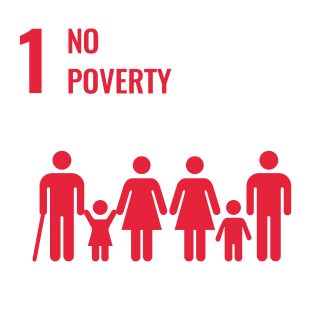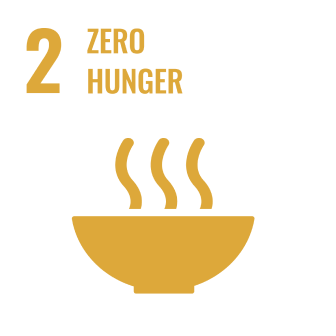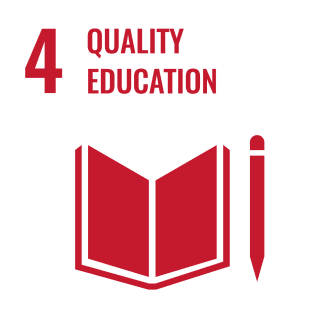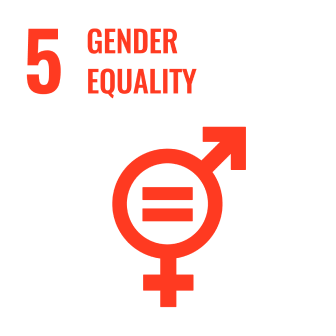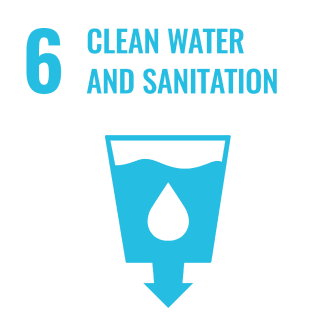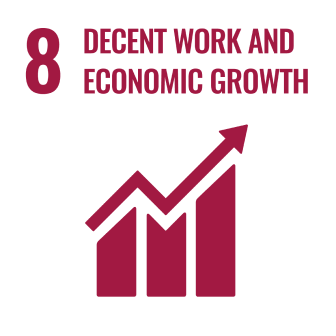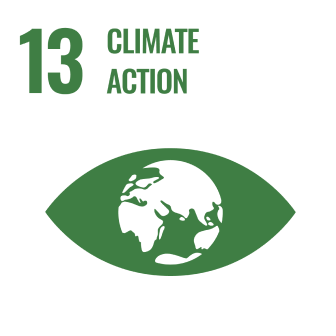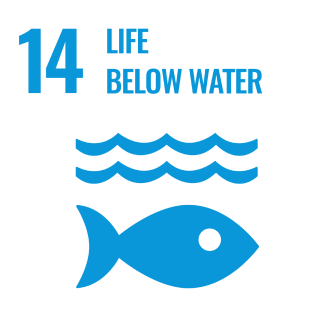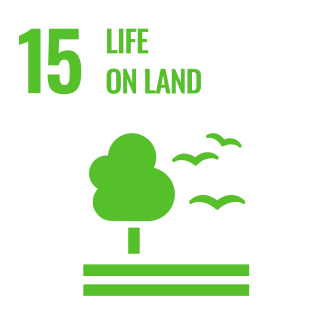Myanmar Blue Carbon
Myanmar Blue Carbon project helps restore degraded mangrove areas and improves lives of vulnerable communities in the Ayeyarwady region of Myanmar.
The project aims at replanting 1000 hectares of severely degraded mangroves in 2020-2023 in the Chaungtha, Magyizin, Bawmi, Kyunhlargyi and Thitphyu village areas in the Ayeyarwady region of Myanmar.
Project type
Blue Carbon
Area
500 hectares
Emission removal capacity
728,703 t
UN Sustainable Development Goals addressed
Challenges
Myanmar is one of the major locations for mangroves and one of those world's areas where their cutting rate is the highest. Unsustainable agricultural and industrial practices as well as poverty and low education level of the local population lead to massive deforestation.
Solution
The project aims at replanting 500 hectares of severely degraded mangroves in 2020-2023 in the Chaungtha, Magyizin, Bawmi, Kyunhlargyi and Thitphyu village areas, in the Ayeyarwady region of Myanmar.
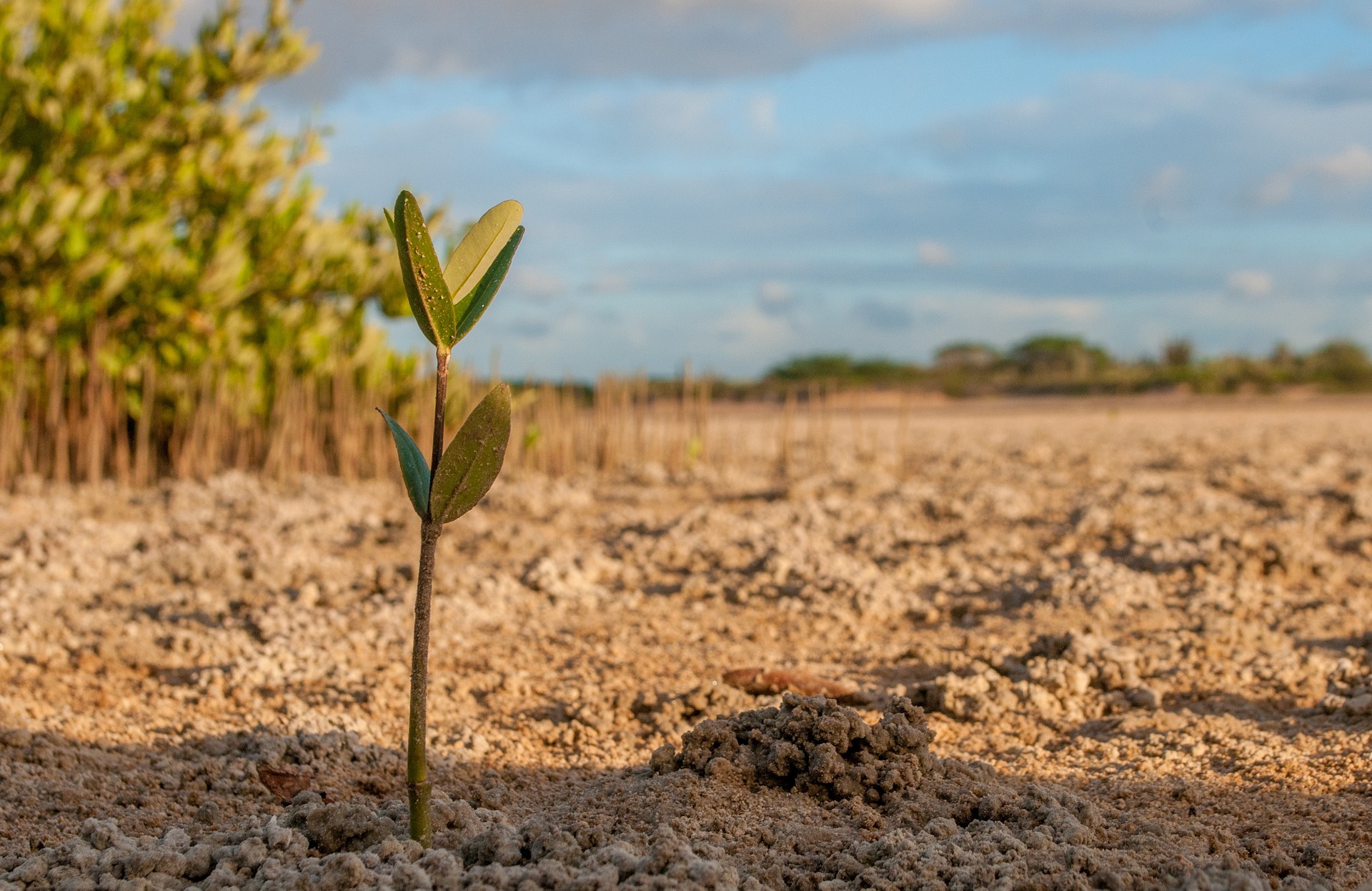
Vlinder partners with one of the world's most respected eco heroes, the Worldview International Foundation. Founded in 1979, it established national parks in Myanmar and Sri Lanka, planted tens of millions of trees, and provided hundreds of jobs on a regular basis.
To ensure the project's long term sustainability, Vlinder uses a community-based model to educate and employ locals, to provide scholarships and help schools, to support families and gender equality.
By conducting continuous plantation maintenance, protection and monitoring for the entire project period of 20 years, Vlinder contributes to making the lives of 55 000 people residing in the project area more resilient to extreme weather events.
Environmental benefits
Mangrove forests are biodiverse habitats of great ecological significance
- Mangrove ecosystems serve as nurseries for fish, marine life and coral reefs, tropical birds, crocodiles and white elephants
- Mangrove roots act as a filtration system and capture silt preventing siltation in seagrass meadows and on coral reefs
Community benefits
The project introduces income-generating activities and reduces poverty among the country's vulnerable coastal communities: 1. New jobs 2. Value-added livelihoods and new revenue streams (e.g. sustainable crabbing and shrimp farms, production of natural dyes from mangroves) 3. Community education and upskilling, a scholarship program 4. Support for women: They make up more than half of the project's local staff 5. Food security and food diversity 6. Fully addressing community firewood needs (woodlots, cookstoves, etc.) 7. Protecting people in the project area from extreme weather events (tsunamis, floods)
Partners
"It is high time to restore broken nature for increased blue carbon mitigation, proven during millions of years. We invite partners to support the most cost-effective climate solution, nature`s lifeline to our future."
Dr. Arne Fjørtoft Secretary General of Worldview International Foundation
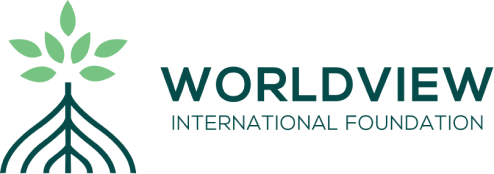
Progress
Documents
Project description: VCS version 4.0 | |
Non-permanence risk report: WIF version 3.0 |
